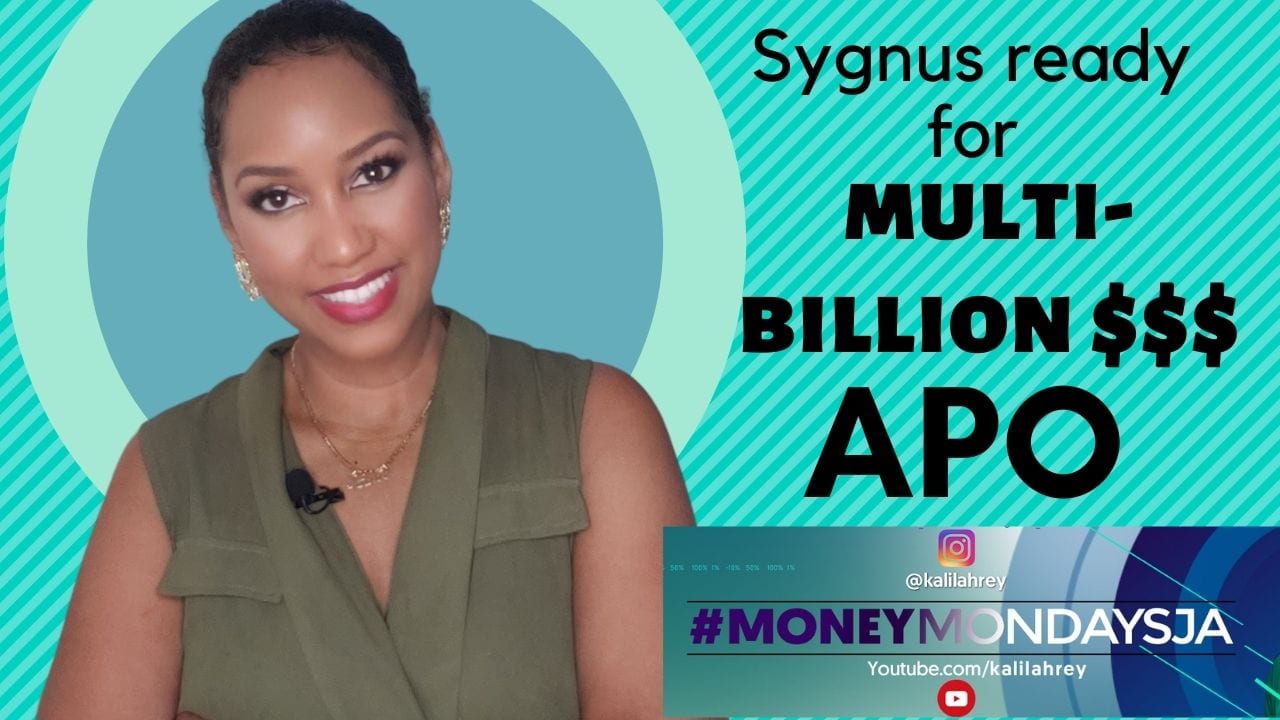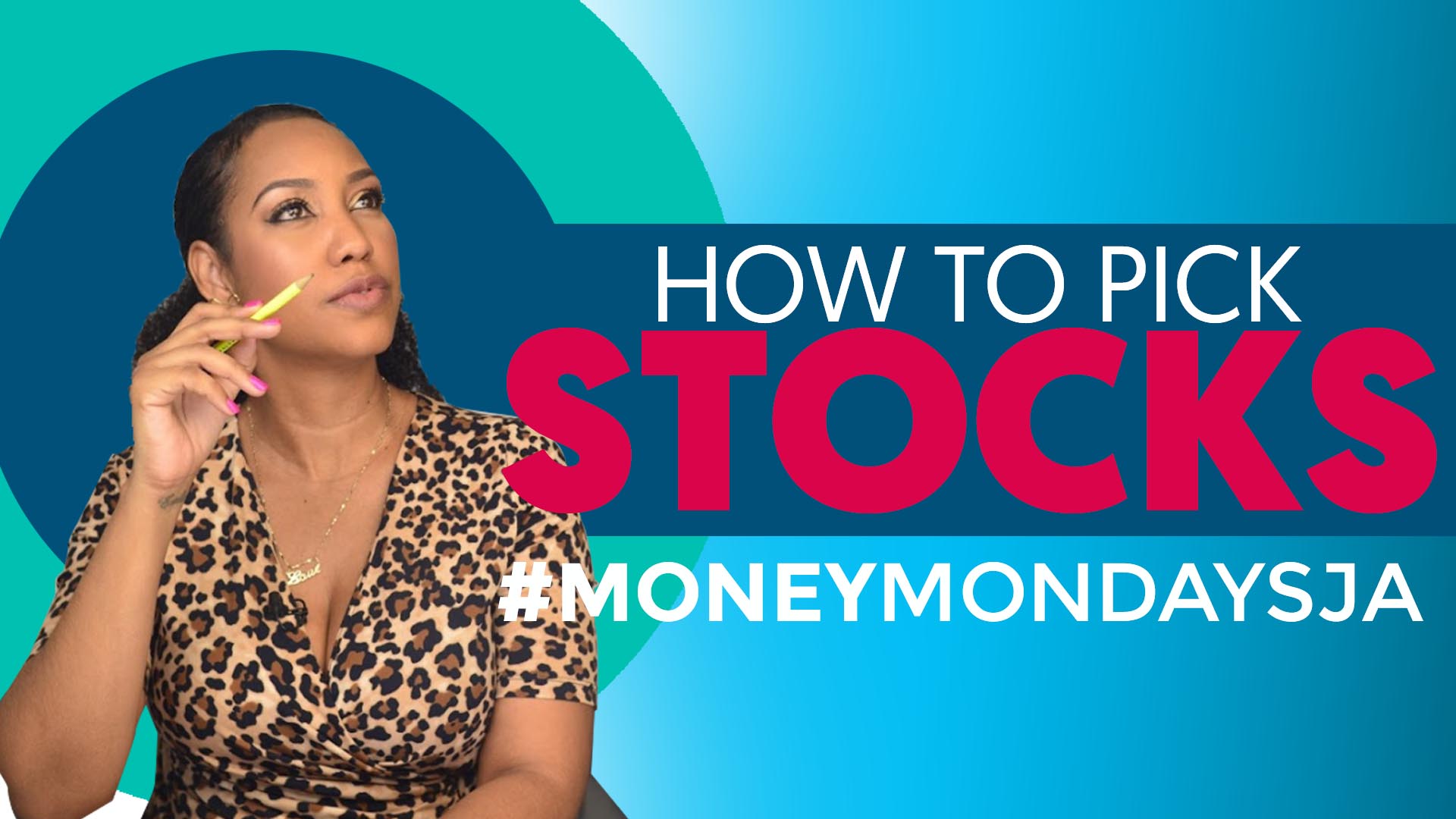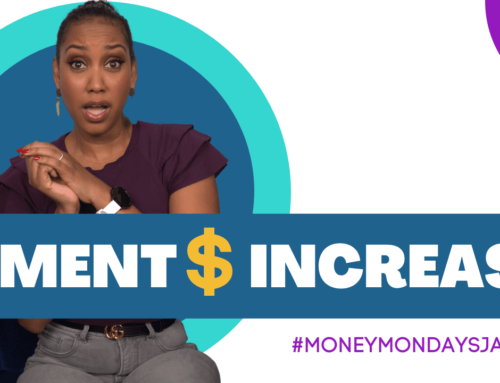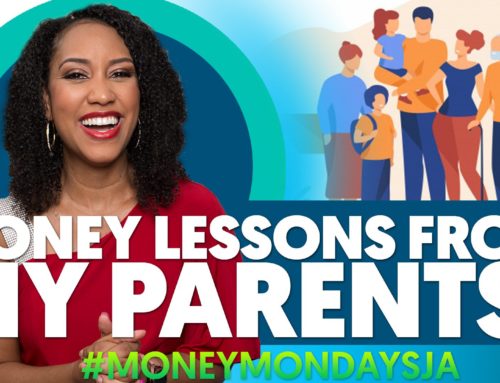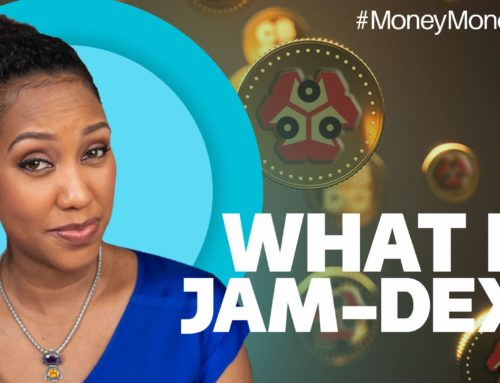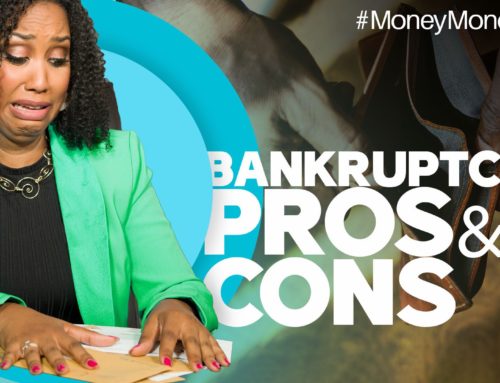It’s been a whole year since Jamaica recorded its first COVID-19 case!! Longest… year… ever!! More than 365 days later, and we still can’t go to the movies or parties or even funerals. But there is a vaccine, more than one actually, and we’re finally starting to see the end of this pandemic. Hallelujah!
In one year of COVID-19, we’ve gone through lockdown, curfews, schools closing, then reopening, then being closed again. A lot has happened since March 10, 2020, the day Jamaica confirmed its first case of the virus, and a lot has changed since then too – some good and some not so good. Let’s go over it.
This time la Jamaica had recorded only 15 cases of the virus (March 18). As I’m recording this video (on March 19), Jamaica has 17,401 active cases from a total of 33,970 confirmed cases. The country also has, unfortunately, recorded 519 virus-related deaths. That’s a lot!
Early Misconceptions
The early days of the pandemic were also rough. There was the shortage of personal protective equipment, panic buying and a whole lot of misinformation that fuelled panic and caused confusion. One of the biggest misconceptions had to be that the virus only severely affected the elderly and that young people who were fit and healthy were unlikely to become severely ill. Part of this did stem from the fact that COVID-19 was a new virus and doctors and researchers were learning on the go. Now we know that the virus doesn’t respect age, and otherwise healthy young people can still be hit hard.
Speaking of young people, at one point, it was also thought that children couldn’t get the virus, or if they did, it was only mild. However, the World Health Organisation (WHO) says that while children are less than 10% of reported cases and typically present with only mild symptoms, there have been critical cases that need intensive care. Children – like everyone else – can still spread the virus even if they’re not showing signs of being sick. That’s why the big debate about resuming face to face classes.
The good news is that the world understands the virus better now, and people have access to more accurate information about the virus – how it’s spread, how contiguous it is and most importantly, how to stay safe. So, I hope we’re all still washing our hands for at least 20 seconds, wearing masks and not going to illegal parties.
Digital boom
Now, raise your hand if you’ve had more Skype meetings over the last year than ever. Ok, now raise your hand if you’ve been a part of at least two Zoom meetings every month since March 2020. Yup, that’s become the reality for most of the world. Zoom, Skype, Google Meet, and other platforms like them have become the go-to for business meetings, hanging out with friends and even weddings.
Remember when 16 companies had to go to court to get permission to host hybrid Annual General Meetings. It seems strange to think about now because hybrid AGMs and virtual meetings overall are now the norm. But before 2020, Jamaica’s laws didn’t allow for virtual or hybrid AGMs.
Markets take a hit
The way we interact with others and how often we use hand sanitiser aren’t the only things that changed during 2020. The pandemic hit Jamaica’s economy hard, heavily impacting sectors like entertainment and tourism and sending ripple effects throughout the local financial markets.
The Jamaica Stock Exchange, which was once one of the best performing stock exchanges, suffered a swift fall from grace. On March 9, 2020, the day before Jamaica recorded its first case, the JSE’s main index advanced by 1% to close at roughly 436,000 points. Remember this was right around the time that TransJamaican Highway IPO was out. Then on March 10, the main index fell by 3.5%. After Jamaica announced that it could be closing its borders on March 21, it lost another 3%. By March 25, the index had crashed to just 342,000 points – losing 28% of its value in less than a month. That was its weakest point since September 2018, so it basically reversed a year and a half of gains in just a few days. (Click here If you want to understand more about points.)
New listings
Now let’s look at the impact on new listings. At the start of 2020, the JSE was expecting 20 Initial Public Offerings, IPOs.
“2020 will be another great year. We’re expecting to list over 20 securities on the market. That is on the Junior Market and the Main Market,” said Marlene Street Forrest, Executive Director of the Jamaica Stock Exchange in an interview with Kalilah Reynolds on Taking Stock on January 20, 2020.
But of course, the pandemic derailed those plans. Only eight companies were brave enough to join the stock exchange in 2020. Mrs. Street Forrest, who appeared on Taking Stock again on January 12, 2021, said it was still an accomplishment.
“2020 was a year when all that you think would not happen, happened. You had high expectations for the market and that did not happen. However, in all of that, what we can say is that we maintained a market. We maintained a market that was fair, still transparent, still efficient,” she said.
“Although we did not get the number of listings that we expected… amidst the crisis, we still had listings. We had eight listings in 2020. Yes, it’s not twenty, but we felt that we did well,” added Mrs. Street Forrest.
Impact on Financial Sector
On the positive side, the pandemic did cause the financial sector to ramp up its digital transformation because standing in long lines all day was no longer an option. With people choosing to do more transactions online, institutions had to expand their online offerings to meet customers’ needs.
Scotiabank, Jamaica’s second-largest bank, announced that it was closing two branches – Black River in St Elizabeth and Old Harbour in St Catherine and switching six other branches to digital-only, meaning they won’t be doing any cash transactions in-branch. President and CEO of Scotia Group Jamaica, David Noel, discussed this on Taking Stock last year. There’s been some pushback against it but I think for the long run, it’s the best move as we transition to a more digital society.
Other institutions, like NCB, made changes to reduce in-house transactions. The bank finally started allowing new customers to open savings accounts online and manage their “standing instructions” online. This means customers can now create recurring transfers or payments such as wire transfers, utility payments, and third-party transfers to other NCB account holders. This is great because it means less need to visit physical locations during the pandemic and beyond. (Click here for more about the finance sector’s digital transformation since the start of the pandemic.)
RELATED TO THIS VIDEO:
TAKING STOCK – ENTERTAINMENT SECTOR LOSES $50 BN, THE LAB UP 54%
https://www.youtube.com/watch?v=-JJtU8noF-c&t=892s
TAKING STOCK – BEST AND WORST JAMAICAN STOCKS OF 2020
https://www.youtube.com/watch?v=0uP73-aGErc&t=2196s
TAKING STOCK – SCOTIABANK CLOSING BRANCHES AND GOING CASHLESS
https://www.youtube.com/watch?v=_gap_7aFTbE&t=2103s
TAKING STOCK – DIVIDENDS SUSPENDED, ICREATE BOARD CHANGES, NEGATIVE OIL PRICES… AND MORE!
https://www.youtube.com/watch?v=L71cxYSFJXo&t=946s
#MoneyMondaysJa – WHAT ARE POINTS ON THE STOCK EXCHANGE?
https://www.youtube.com/watch?v=QgvGjZm8Afk&t=3s
Categories: MoneyMondaysJA
Audio Only
More #MoneyMondaysJA Episodes




